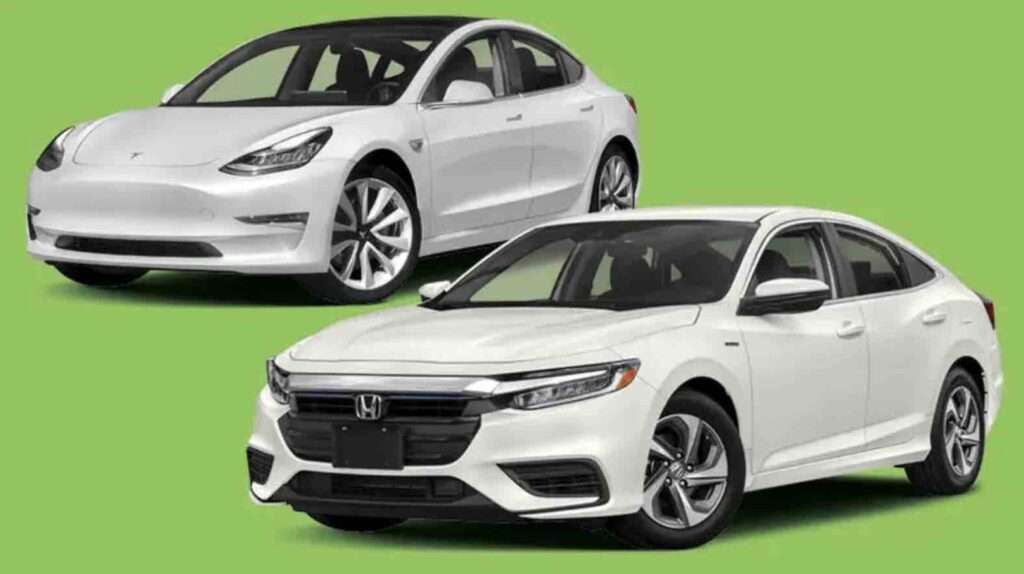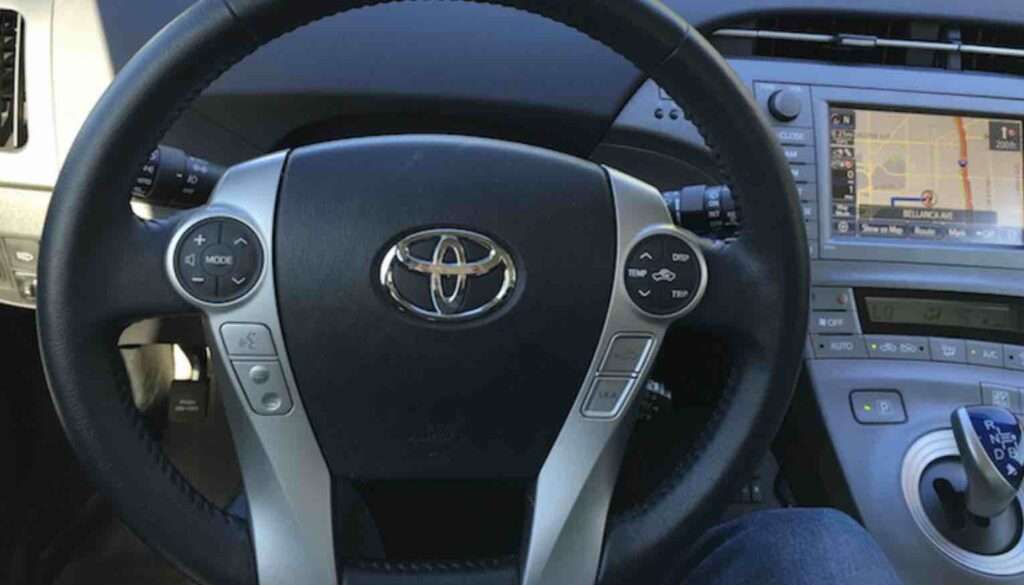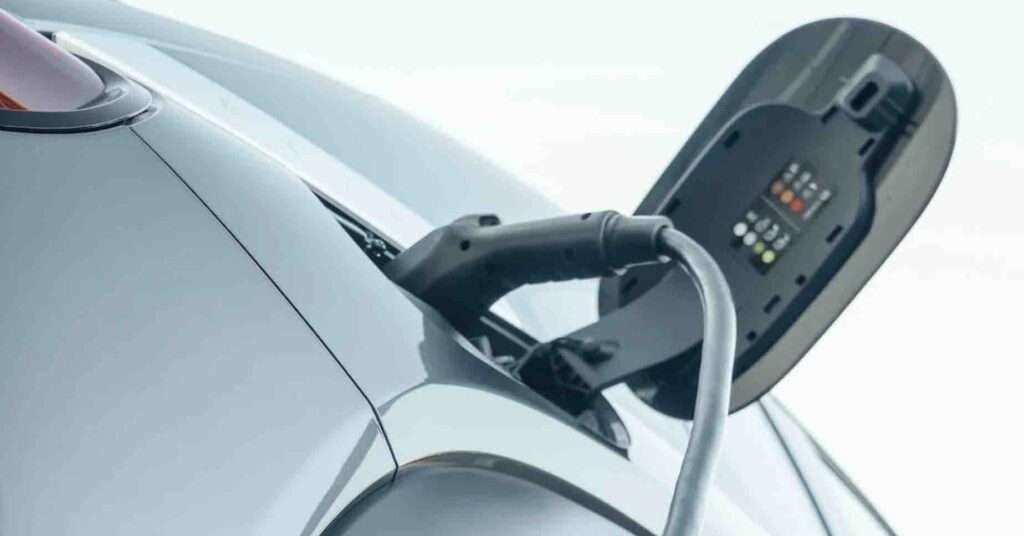Last updated on January 19th, 2023 at 11:37 am
The inception of electric vehicles has brought the most significant changes of all time to the automobile industry. Most especially over the past 20 years, EVs have become incredible.
Imagine you have an unlimited electricity supply available at home. For many EV owners, this could be a reality. However, EV drivers charge their cars at home, the workplace, and at public charging stations.
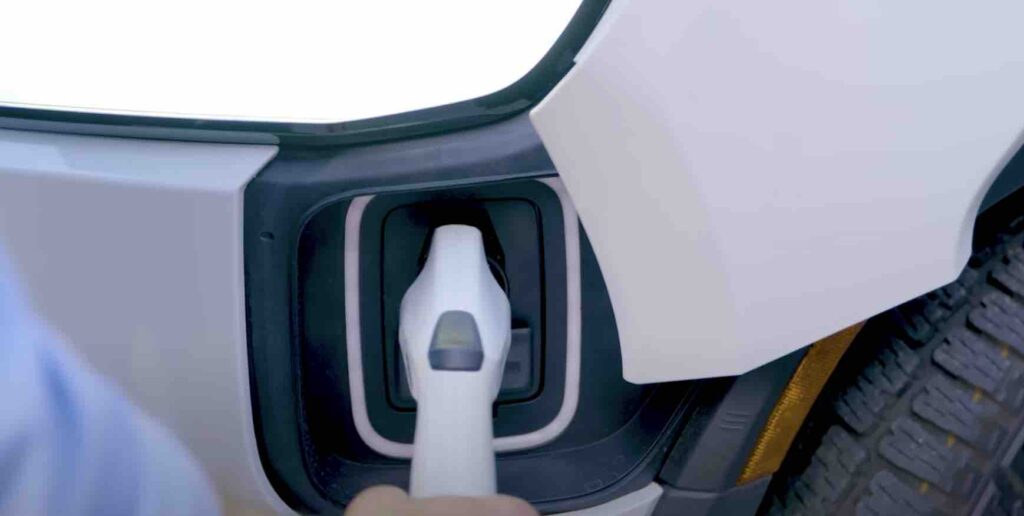
According to research, over 80% of EV owners charge their vehicles at home. After all, it is simple, cost-efficient, and convenient, especially while asleep. In as much, it doesn’t matter if your EV is small or big, used or new, American or Japanese. Every EV has a plug-in that allows you to charge it anywhere, even at home.
Although, there are ways to charge your vehicle at home, starting from the basics. These ways include; a 3-pin plug and a speedy, smart charger running on an upgraded 3-phase supply.
Since most EV batteries are lithium-ion, you would need a charger whose average speed is about 7.4kW. That said, it could be on a typical single-phase home supply to charge effectively. Similarly, how long it takes to charge your EV depends on the charging equipment, the size of your vehicle’s battery, and the necessary charging capacity.
This article will help to provide answers to these typical queries ranging from; can you really charge an electric car at home, what equipment is needed to charge an electric car at home, is it convenient to charge an electric car at home, how long does it take to charge an electric car at home, can all electric cars be charged at home, is it safe to charge an electric car at home, and more. So let now first quickly answer the question can you charge an electric car at home uk?
Can You Really Charge An Electric Car At Home?
If you can charge your phone at home, then the answer is yes, you can definitely charge your electric car at home! It is unlike conventional gasoline vehicles; EV owners can charge at home. A standard outlet or an installed wall charger for a quicker charge could be available. However, all EVs come with a Level 1 charger or 110-Volt compatible home connector kit to make charging possible.
Using a home charge point of 7.4kW would give you greater power than a standard domestic plug socket of 2.4kW. An upgrade to a 3-phase supply would get you up to 22kW of power decreasing your charging time.
A home charge point would allow you to charge with security and peace of mind. In all seriousness, charging your electric car at home is a breeze. Just find a spot to park your car, the right port to plug it in, and let it charge up while you’re off doing your thing. It’s convenient, cost-effective, and way better for the environment than filling up at a gas station.
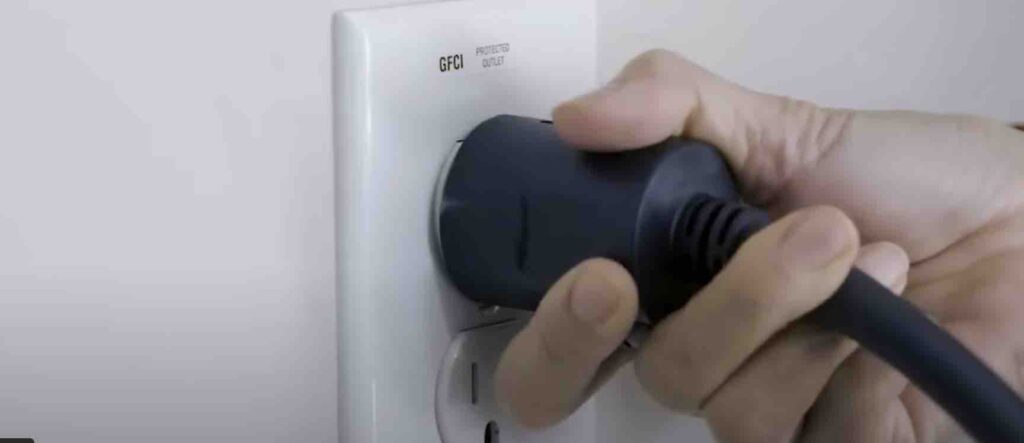
What Equipment Is Needed To Charge An Electric Car At Home?
The equipment needed to charge an electric car at home includes a standard 120 Volt home outlet Level 1 charger or a wall charger, a charging cord, and a Level 2 outlet of 240V. Using each of these options would be functional. I recommend you get the services of a professional when you want to install any of this equipment.
Read on to learn more!
Is It Convenient To Charge An Electric Car At Home?
Of course, it is convenient! With your home charger, you wouldn’t need about 6 hours to charge your EV at public charging stations. What if there is a line? You would have to wait even longer before you plug in your car. But at home, you would plug in your vehicle and still attend to some other business.
Time is more manageable for a home charging than a public charging station. You could also leave your vehicle plugged in overnight, and your car will be ready to hit the road the following day. Without mixing words, charging an EV at home can’t be matched to a public charging station.
How Long Does It Take To Charge An Electric Car At Home?
Charging an electric car at home takes about 20 to 40 hours for a Level 1 charger of 120V and 8 to 12 hours for a Level 2 charger of 220V. These time intervals are dependent on these vital factors such as;
- Battery Size: A battery of a bigger capacity will take longer to charge.
- Battery Status: If your battery is half-full, its time would require shorter when charging than when it is empty.
- Maximum Charging Rate Of Your Vehicle: The charging rate depends on the vehicle’s charge speed. So, you wouldn’t charge any faster, even with a charging point of a higher charging rate.
- Maximum Charging Rate Of The Charge Point: Your vehicle’s charging speed can also be limited to the maximum charging rate of your charge point. Ensure you don’t charge with a charge point lower than your vehicle’s charging rate.
- Weather Condition: It takes more time to charge your EV at lower temperatures, even if you use a Level 2 charger. Similarly, your EV is significantly less efficient during lower temperatures.
Hence, carefully considering the above factors before installing a home charging outlet would be essential.
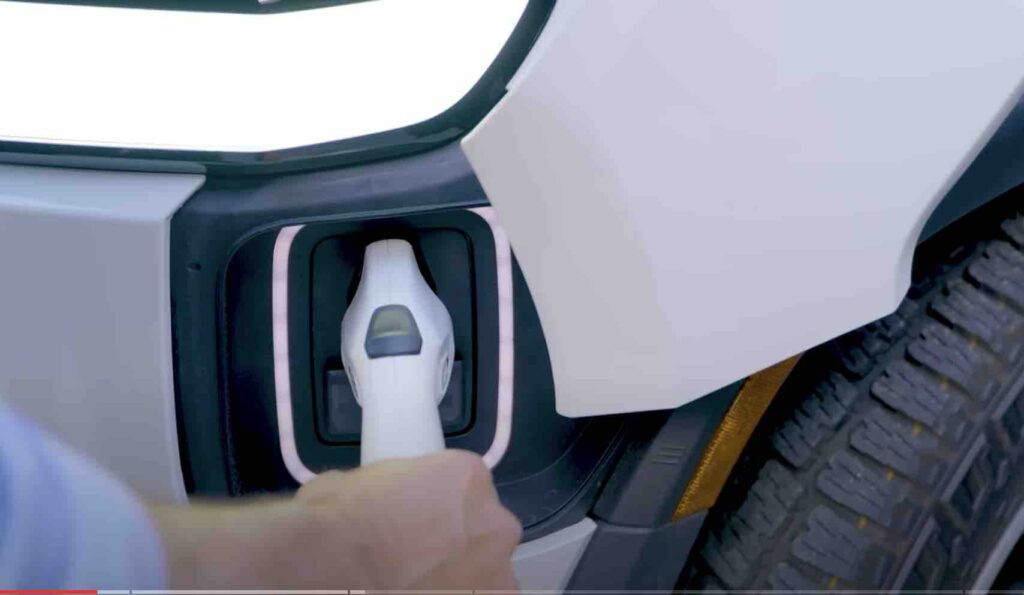
Can All-Electric Cars Be Charged At Home?
Yes, you can charge all-electric cars at home with the proper equipment. I stated that over 80% of EV owners could charge their vehicles at home. Although, only some owners prefer charging in public stations due to some inconveniences they might have. Irrespective of any circumstance, you can entirely charge your EV at home.
Are There Any Advantages To Charging An Electric Car At Home?
Having EV is a great decision. They are far better than when compared to gasoline engines. But still, many hesitate, thinking that charging EVs is difficult. However, the best place to charge an EV is at home.
Here are some advantages of charging your electric car at home;
- Cost Efficiency
- Property Value
- Compatibility
- Convenience
- Battery Life Extension
Let’s explore them below;
1. Cost Efficiency
After covering the installation cost, your electric bill charging price would become cheaper than your payments in public stations. Electric bills in homes provide real-time data for energy tax benefits claims.
2. Property Value
Having an EV charger is an addition to the appraisal value of a house. As regards more people who are into EVs, buyers who have an EV would prefer homes with an EV charger unit ready.
3. Compatibility
EV chargers are compatible with a wide range of EV manufacturers. It is excellent should in case another EV from a different manufacturer comes. There will be no need for specific-brand public charging stations anymore.
4. Convenience
Unlike the public station, you can control when you would charge your vehicle at home. The end of the era of countless days and wasted hours waiting for your EV to charge has come. With enough charge, you can engage in long trips conveniently as you charge at home.
5. Battery Life Extension
Using home chargers could help slow down the level of degradation of your EV battery. On the contrary, using superchargers/level 3 chargers would degrade your battery cells faster than you think. For your battery to reach its life expectancy, often use home EV chargers.
Be patient to read more!
What will it Cost To Charge An Electric Car At Home?
The cost of charging an electric car at home depends on several factors, such as;
- Electrical cost per kWh, which is in cents or dollars
- Mileage covered per month
- The type of charger for your EV
Considering these factors, almost all EVs can travel 3 to 4 miles per kWh of energy. According to the US Energy Information Administration, electricity cost per kWh is about 13.73 cents or $0.14 on average. So, fully charged EV driving on a range of 300 miles per month would require about 75 to 100kWh at a cost between $10 to $14. Similarly, an EV driving at 1000 miles per month would cost about $34 to $46 when charging home. You can read more about the breakdown of the costs here
Is It Safe To Charge An Electric Car At Home?
Yes, it is safe to charge an electric car at home!
Firstly, public stations are generally more dangerous than residential areas. Charging your EV other than your home, you risk the chances that you could have it stolen. However, you assume the same risk of parking your vehicle on the streets.
Secondly, natural elements like hail storms, lightning, fires outbreak, flood and to mention a few, can damage it. Although, when you are at home, these risks are very limited or even impossible. Charging your EV at home, you are keeping your vehicle and yourself safer. To achieve your vehicle’s safety, ensure a professional install the correct equipment.
You have to watch this video on the Best Way to Charge Your New Electric Car in your house
FAQ:
Is It Possible To Install A Charging Station For An Electric Car At Home?
The simple answer is YES and, at the same time, NO. It is possible to install Level 1 and Level 2 charging stations for an EV if your home is spacious and with sufficient power supply. However, the Level 1 and Level 2 stations have lower maintenance and are affordable. This convenience makes it suitable for homeowners.
On the contrary, it is impossible if the charging station is Level 3. Level 3 station has high maintenance costs, requires more sophisticated electrical equipment and a high electrical power source (DC), and is not affordable, mostly in homes. You can’t install a Level 3 charging station for an EV at home.
How Do You Properly Maintain An Electric Car Charging System At Home?
The charging system at home may include a Level 1 or Level 2 charger outlet. However, a home charging station for a single EV would generally last longer than a similar charger that charges many vehicles daily.
So, to properly maintain this charging station at home, check out the steps below;
- Replace the electrical outlet every few years
- Protect the cables from damage
- Regularly examine all components for wear and tear
- Use a moist towel and mild detergent to wipe out dirt from the unit
- De-energize the unit before performing any electrical service on the unit
- Ensure to troubleshoot any problem as you consider manual software resets.
Can A Standard Household Outlet Be Used To Charge An Electric Car At Home?
Of course, yes! A standard household outlet can charge an electric car at home. It is possible since the standard household outlet is 120V, similar to the Level 1 charger outlet. The only disadvantage is that it would be slower in charging time compared to an outlet of 240 volts.
Are There Any Government Incentives Or Programs Available For Installing A Home EV Charging Station?
Yes, of course! There are government incentives available for installing a home EV charging station. According to section 30C tax credit, taxpayers are eligible for a credit of about 30% for any hardware and installation costs for an EV installed in their homes. The tax credit is a one-time non-refundable tax credit for a maximum of $1000. This tax credit would last till 31st December 2032. Ensure that you save your receipts for when you would file your taxes.
How Do The Costs Of Charging An Electric Car At Home Compare To Charging At A Public Station?
By comparison, the cost of charging an EV at home differs from that of charging at public stations and the brand in question. For instance the cost of charging a Prius will be slightly different for Tesla likewise other brands To this end, the average cost per kWh on a public station is between $0.4 to $0.7 for around 3 to 4 miles per kWh. Fully charging an EV in a public station would cost between $30 to $40. On the other hand, a home charger has an average cost per kWh of $0.14. Then, charging an EV for a 3 to 4 miles range would cost about $10 to $14 for a full charge.
From the above, charging at home is cost-efficient compared to charging at public stations.
Conclusion
All right, let’s get down to business and answer all the important questions about charging your electric car at home: Can you charge an electric car at home? You better believe it! In fact, you can charge your electric car at home just as easily as you can charge your phone or your laptop. Can you really charge an electric car at home?
Absolutely! No need to worry about running out of juice on the road. Just plug it in at home and wake up to a fully charged car in the morning. What equipment is needed to charge an electric car at home? Just a compatible charging system and the proper outlets or adapters. Is it convenient to charge an electric car at home? Convenient? It’s downright luxurious! No more trips to the gas station or dealing with smelly fumes.
How long does it take to charge an electric car at home? It all depends on the size of your car’s battery and the charging rate, but typically it takes several hours. Can all-electric cars be charged at home?
Yup! As long as they have a compatible charging system, all-electric cars can be charged at home. Are there any advantages to charging an electric car at home? You bet there are! It’s convenient, cost-effective, and better for the environment.
Is it safe to charge an electric car at home? Absolutely! Just follow the manufacturer’s guidelines and use proper safety precautions, and you’ll be good to go. So go ahead, charge up that electric car at home and join the revolution!
Do well to share this insightful guide with others!

Hi dear, I am Dennis Gift, an autobody repair technician with over 4 years of experience; and I love everything about fitness and cars and researching and sharing my experience. And this is where I get to do that freely without reservations. So come along with me.

